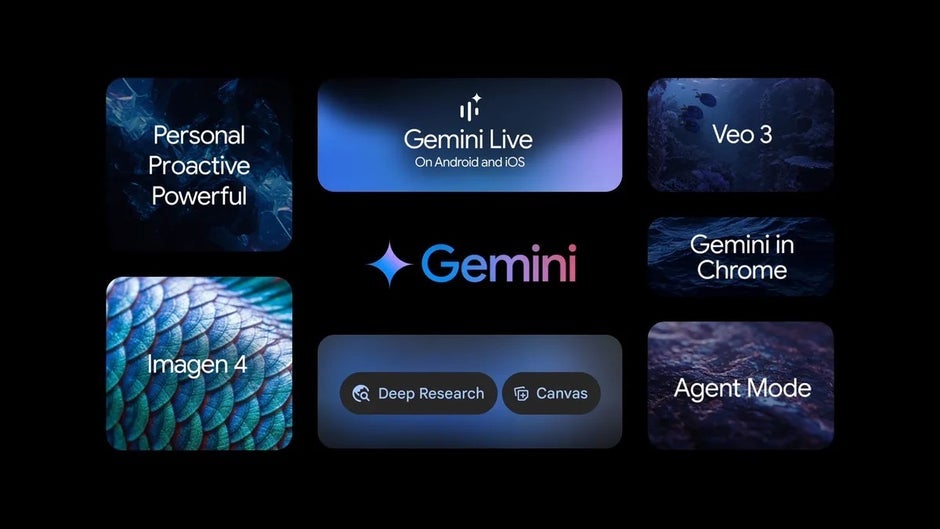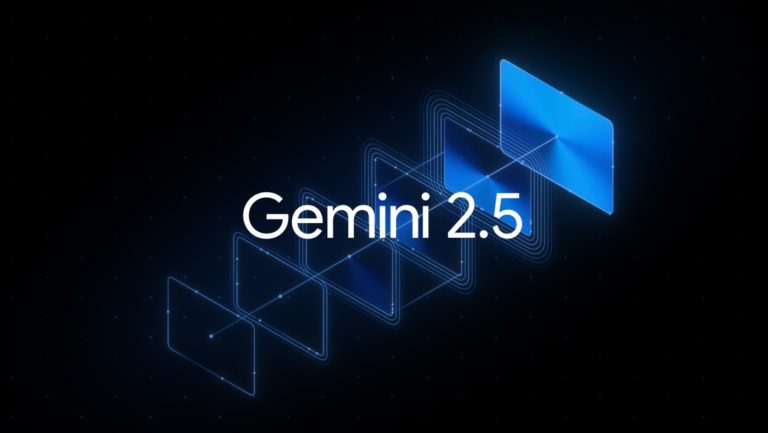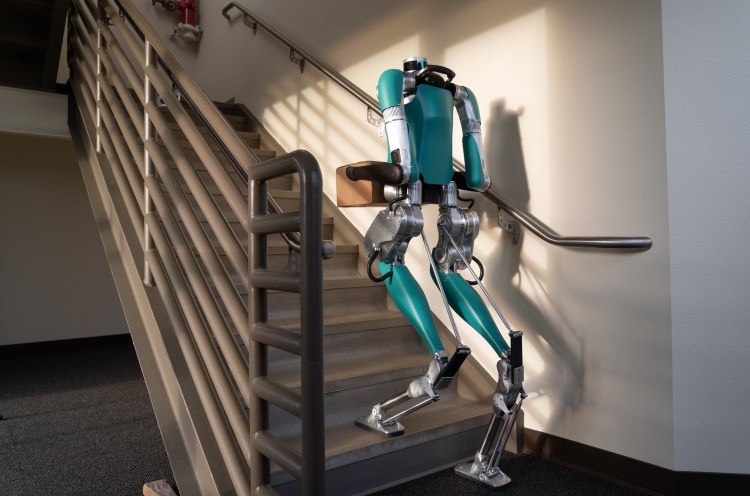Google’s AI assistant, Gemini, is set to receive a significant upgrade with the introduction of “scheduled actions” or “planned tasks.” This new capability will empower Gemini to move beyond simply responding to immediate queries, allowing it to perform designated actions or provide information proactively at specific times or recurring intervals, thereby becoming a more integrated and automated tool for users.
Key Highlights:
- Proactive Assistance: Unlike previous iterations that primarily reacted to user prompts, Gemini will now be able to execute tasks on a predetermined schedule.
- Enhanced Utility: This feature aims to make Gemini much more useful for managing daily routines and personal organization, reducing the need for constant manual input.
- Diverse Use Cases: Examples of how this new functionality can be utilized include setting daily reminders, fetching and delivering morning weather reports, sending recurring messages, or even controlling smart home devices based on a pre-set timetable.
- Integration with Google Services: This capability will likely leverage Gemini’s deep integration with other Google services, allowing for seamless automation across a user’s digital ecosystem.
- Evolution of AI Assistants: The addition of scheduled actions signifies a crucial step in the evolution of AI assistants, transitioning them from reactive search tools to intelligent agents capable of anticipating and fulfilling user needs autonomously.
The implementation of scheduled actions in Google Gemini promises to transform the way users interact with their AI assistant, fostering a more seamless and automated digital experience that anticipates needs and streamlines daily tasks.
For more information, you can find related news reports on this topic: Google Gemini will reportedly get scheduled actions, making it more proactive – Android Police
📢 Disclaimer
This article is based on information from trusted tech news sources. Techwhatif.com summarizes and adapts these insights to make tech news more accessible to our readers. Full credit goes to the original authors and publications. If you're the content owner and have any concerns, please contact us directly for resolution.




